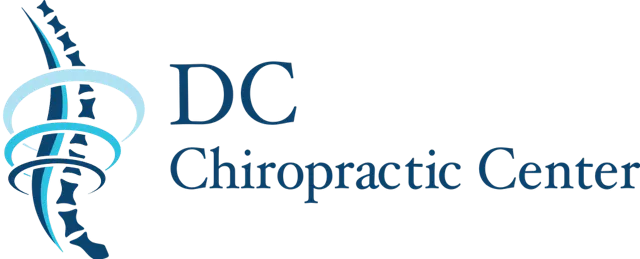Blog
This blog post can not be found
DC Chiropractic Center
Address
1765 State St Ste A,
Salem, OR 97301
Phone
Monday
9:00 am - 6:00 pm
Tuesday
9:00 am - 4:00 pm
Wednesday
9:00 am - 6:00 pm
Thursday
9:00 am - 4:00 pm
Friday
9:00 am - 6:00 pm
Saturday
Closed
Sunday
Closed


